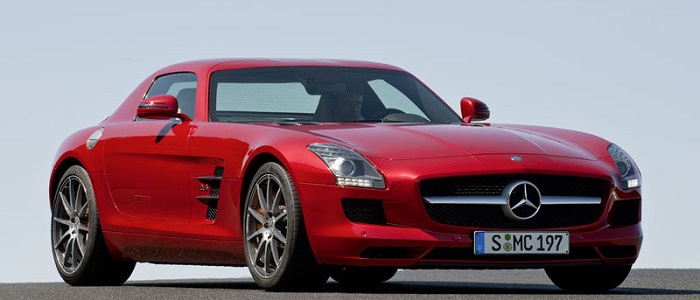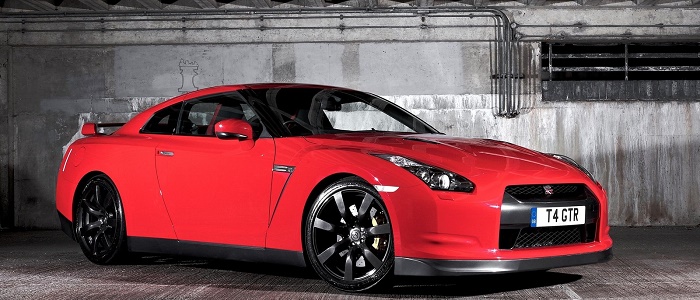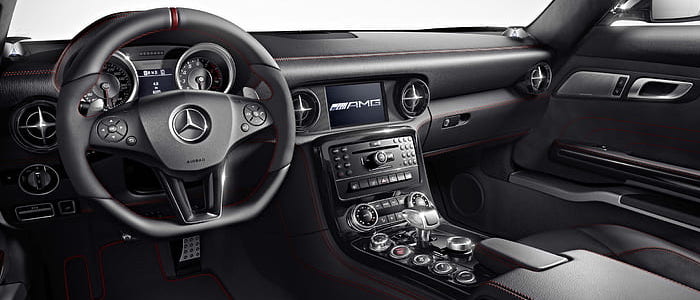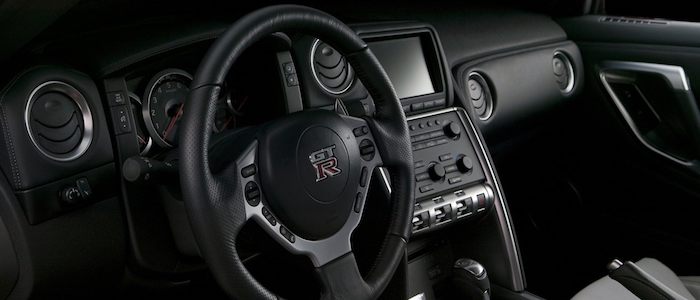Compare two cars
Compare any two cars and get our Virtual Adviser™ opinion
Dimensons & Outlines
Check vehicle history
Engine
6.2 M159 KE63 AMG HP
Performance (manual gearbox)
Performance (automatic gearbox)
Expenses
Virtual Adviser's™ opinion
Two significantly similar cars, no doubt about that. Still, each one has something different to offer. Having both cars powered by petrol engines and utilizing the 2-door coupe body style within the same 'Sports car' segment, the only major difference here really is their wheel drive configuration (rear for the Mercedes Benz and 4 x 4 in the case of the Nissan). The first one has a Mercedes Benz-engineered powertrain under the hood, a 8-cylinder, 32-valves 591hp unit, while the other one gets its power and torque from a 6-cylinder, 24-valves 600hp engine designed by Nissan.
SafetyUnfortunatelly, neither of the two vehicles was submitted to the European New Car Assessment Programme (Euro NCAP) testing. This makes it virtually impossible for me to pick one over the other and I'm generally against buying such cars as the safety should really always come first. Still, apart from the official crash test results there are other things we need to be aware of. Both vehicles belong to the sports car segment, which is generally classifying them somewhere in the middle safety-wise, but that fact doesn't break the tie between the two cars. On the other hand, taking kerb weight as an important factor into account, the Japanese car offers a marginal difference of 8% more metal.
ReliabilityReliability is not the best thing to consider on the make level, but it is worth mentioning that Nissan as a brand displays somewhat better results, when all the models are taken into account. That's the official data, while our visitors describe reliability of Mercedes Benz, as well as Nissan, with the same average rating of 4.3 out of 5. Some independent research have also placed SLS as average reliability-wise, and GT-R is more or less at the same level.Above it all, drivers of cars with the same engine as the German car rank it on average as 3.0, while the one under the competitor's bonnet gets 5.0 out of 5.
Performance & Fuel economyNissan is undoubtly more agile, reaching 100km/h in 1 seconds less than its competitor. Still, it lacks the power to win the top speed competition, topping at 315 kilometers per hour, 5km/h less than the other car. When it comes to fuel economy the winner has to be the Japanese car, averaging around 11.8 liters of fuel per 100 kilometers (24 mpg), in combined cycle. We can't ignore that 12% difference compared to the German car.
Verdict
Nissan is apparently more reliable, not too much, but just enough. The most important thing when deciding between any two vehicles should always be safety, both passive and active. In my opinion, everything taken into account, the Japanese car offers slightly better overall protection and takes the lead. It all continues in the same direction, with Nissan offering somewhat better performance, just enough to call it quicker. To make things even better, it consumps less fuel! All together, there's not much more to say, in this case I wouldn't even consider anything but Nissan. In any case that's my personal view, built upon all the data available to me. What should decide here though is the way you feel about the two vehicles, and I hope you'll find my guidelines useful in the process. In case you have two minutes to spare I invite you to define your needs, desires and budget and see which car would be chosen by the virtual adviser™, among more than 12.000 different ones in our database.
































